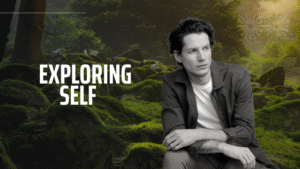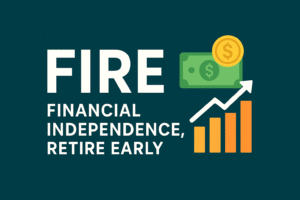Latest Update on Social Media Trends
As we move through 2025, the landscape of social media continues to evolve rapidly, driven by emerging technologies, shifting audience preferences, and increasing demands for authenticity, privacy, and personalization. The latest social media trends reflect a digital ecosystem that prioritizes quick content, ethical engagement, and user-centric experiences. Understanding these changes is essential for marketers, content creators, brands, and everyday users aiming to stay relevant in a fast-moving online world.
One of the most dominant shifts is the continued rise of short-form video content. Platforms like TikTok, Instagram Reels, and YouTube Shorts are leading the charge, with users showing a strong preference for bite-sized videos that deliver entertainment, education, or inspiration in under 60 seconds. These formats are ideal for boosting engagement and increasing reach, especially among Gen Z and younger millennial audiences. Creating high-impact, scroll-stopping videos is now a key strategy for visibility.
Simultaneously, social commerce is becoming more sophisticated and integrated. Social platforms are no longer just tools for communication; they are full-fledged marketplaces. With features like shoppable posts, in-app checkout options, and live stream shopping, users can discover, evaluate, and purchase products without leaving the app. This seamless blend of content and commerce has opened new revenue streams for influencers and brands alike.
Another game-changer in social media is the role of AI-powered personalization. Artificial intelligence now plays a pivotal role in shaping user experiences, from content recommendations to ad targeting. Algorithms analyze behavior patterns to deliver hyper-personalized feeds, ensuring users see what they’re most likely to engage with. This shift is prompting marketers to focus more on data-driven strategies and tailored messaging.
A noteworthy trend gaining momentum is the growth of decentralized social networks. Fueled by concerns over data privacy, censorship, and platform monopolies, users are exploring blockchain-based platforms that offer greater control over personal information. These platforms empower creators with monetization tools while minimizing algorithmic manipulation and centralized moderation.
Audio content also continues to find its place. Although the initial buzz around audio-only platforms has leveled off, the demand for enhanced audio features—such as Twitter Spaces, voice notes, and podcast integration—remains strong. Voice-based interaction is carving out a niche for more intimate, real-time engagement between users and creators.
Mental health and digital well-being are becoming central to the user experience. As the effects of screen fatigue and algorithmic overload become more apparent, social platforms are responding with features like screen time reminders, quiet modes, and access to mental health resources. The focus on digital wellness in social media is growing, especially as users demand a more balanced and meaningful digital presence.
Transparency in advertising is another key issue. Audiences are now more discerning and prefer authentic, ethically crafted content over polished promotional messages. This has led to a rise in user-generated content and genuine brand storytelling. Influencers who show real experiences and behind-the-scenes glimpses tend to perform better than those relying on highly curated posts.
Additionally, social platforms are doubling down on social SEO. Users are now using apps like TikTok and Instagram as search engines to discover new products, places, and ideas. As a result, optimizing content with the right keywords, hashtags, and text overlays is crucial for visibility and organic reach.
Finally, private communities are thriving. As public feeds become increasingly noisy and competitive, users are migrating to exclusive online communities on platforms like Discord, Slack, and Facebook Groups. These spaces allow for deeper engagement, trust-building, and personalized content delivery—something that’s becoming vital for niche brands and creators.
In summary, the latest social media trends in 2025 reflect a user-first approach driven by authenticity, interactivity, and innovation. Whether it’s through short-form video, AI personalization, or decentralized platforms, the direction is clear: people want meaningful digital experiences that prioritize connection, value, and transparency. Brands and creators who adapt to these evolving trends will thrive in the ever-changing social media landscape.






































































Post Comment